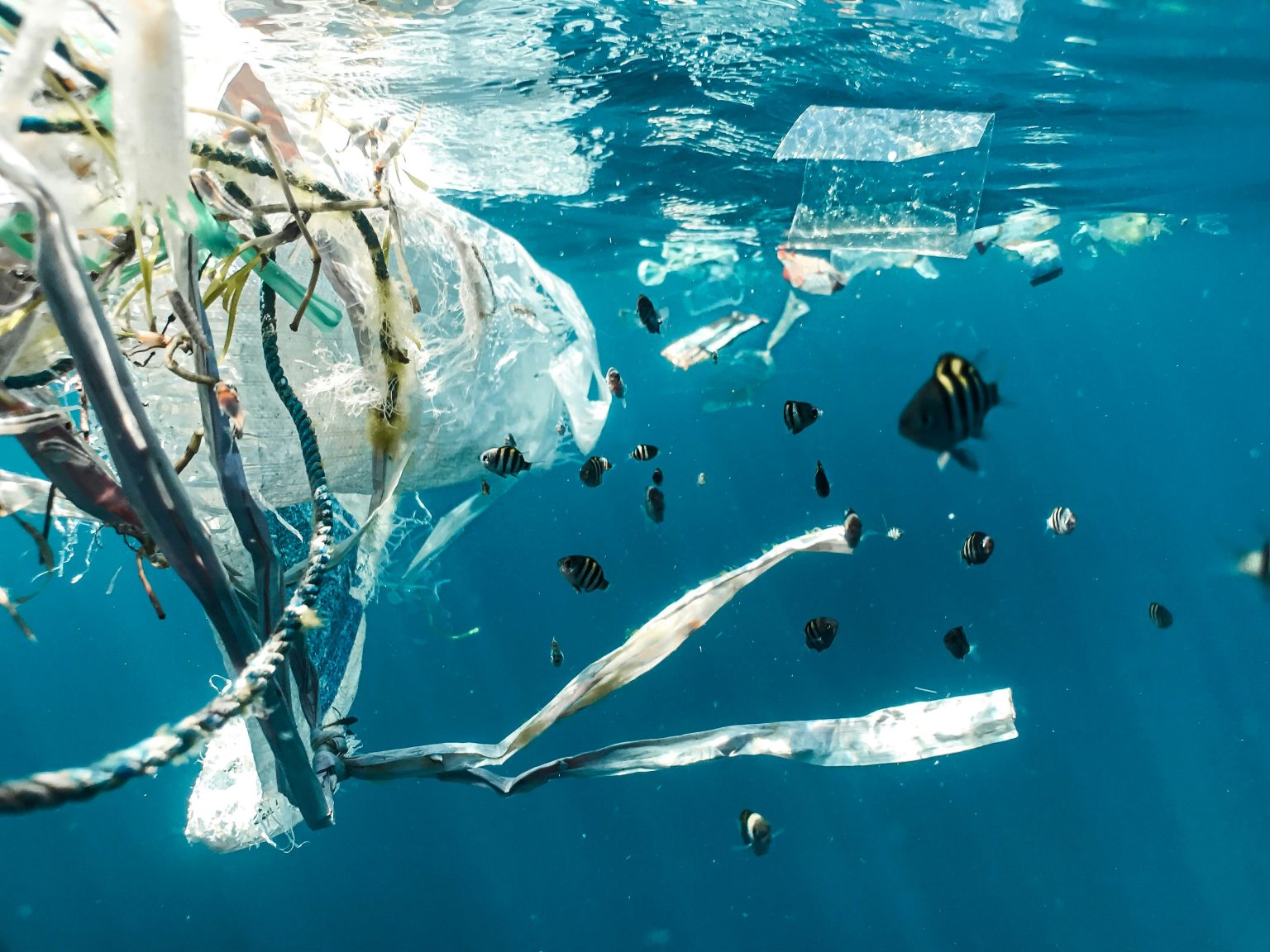As negotiators convene in Geneva this week to try and secure a legally binding global treaty on plastic pollution, pressure is mounting for decisive action. Plastic production has increased more than 200-fold since 1950 and is expected to nearly triple again by 2060. The vast majority of this growth is tied to packaging, much of it single-use, and most of it destined for landfills or the world’s oceans. Only a fraction—just 9 percent—is ever recycled.
The scientific and economic consequences of this trend are now undeniable. A recent global assessment found that plastic pollution is responsible for at least $1.5 trillion in health-related damages annually, affecting individuals from infancy through old age. Microplastics have been found in human placentas, lung tissue, and even blood. As Professor Richard Thompson, coordinator of the Scientists’ Coalition for an Effective Plastics Treaty, stated ahead of the talks, the situation has reached the point where future generations will judge today’s choices not on rhetoric, but on results.
Despite this backdrop, much of Europe’s food policy remains curiously disconnected from the scale of the crisis. That’s partially because major EU countries like France continue to push for an EU-wide front-of-pack nutrition label, with Paris particularly vested in making its Nutri-Score the primary one. This is despite the fact that the European Commission earlier this year quietly shelved Nutri-Score as an option, and indeed, de-prioritised the food label debate altogether.
As it turns out, this was a fortuitous move. While the international community debates production caps and toxic chemical restrictions, Nutri-Score’s real-world performance has consistently fallen short of its promise of encouraging people to consume better and more responsibly. Serious doubts have emerged about the system’s scientific robustness, and more importantly, it diverts political attention from the deeper structural failures of the food system — including its unsustainable reliance on plastic packaging.
One of the most significant criticisms of Nutri-Score is that it rewards foods that are easily reformulated to meet its algorithmic thresholds, rather than those that are genuinely nutritious or sustainably produced. This disconnect arises because the label is not designed to evaluate food as it is eaten, or how it is produced, but rather how it conforms to narrow, standardised metrics. It privileges shelf-stable, uniform products, often the very ones wrapped in single-use plastic.
This system promotes the industrial logic that is now under fire at the global level. Foods that fit neatly into Nutri-Score’s criteria tend to come from supply chains optimised for scale, packaging efficiency, and long shelf life. As such, the label risks entrenching the very patterns of production and consumption that are contributing to both ecological and public health decline.
The food industry itself appears to be losing confidence in the scheme. In May, Nestlé announced that it would withdraw Nutri-Score from its products in Switzerland, citing weak consumer engagement and a lack of political consensus. Other major Swiss producers, including Migros and Emmi, had already taken similar steps. This quiet retreat by some of the sector’s most influential players signals a broader problem: a policy tool that was never built to shift systems is now struggling to even maintain voluntary support.
Meanwhile, the environmental threats posed by the current food model continue to grow. The OECD recently reported that 40 percent of the Earth’s land surface is now affected by land degradation. Climate change is accelerating drought, reducing soil fertility, and undermining food security across Europe and beyond. With global temperatures projected to rise by up to four degrees by the end of the century, droughts could become seven times more frequent than in the past.
There is a clear risk that France’s attachment to Nutri-Score is becoming a substitute for the harder work of real reform. Nutri-Score does not make healthy food more affordable. It does not reduce plastic waste. It does not protect soils, restore biodiversity, or regulate marketing to children. It does not support farmers who are trying to transition to more sustainable practices. What it offers is visibility. And visibility, while politically useful, is not a substitute for effectiveness.
The world does not need more labels on plastic. It needs fewer products that require them. As the plastic treaty talks remind us, the time for symbolic action has passed. If Europe wants to build a food system that is both healthy and sustainable, it must stop treating packaging, nutritional or otherwise, as a policy solution.

